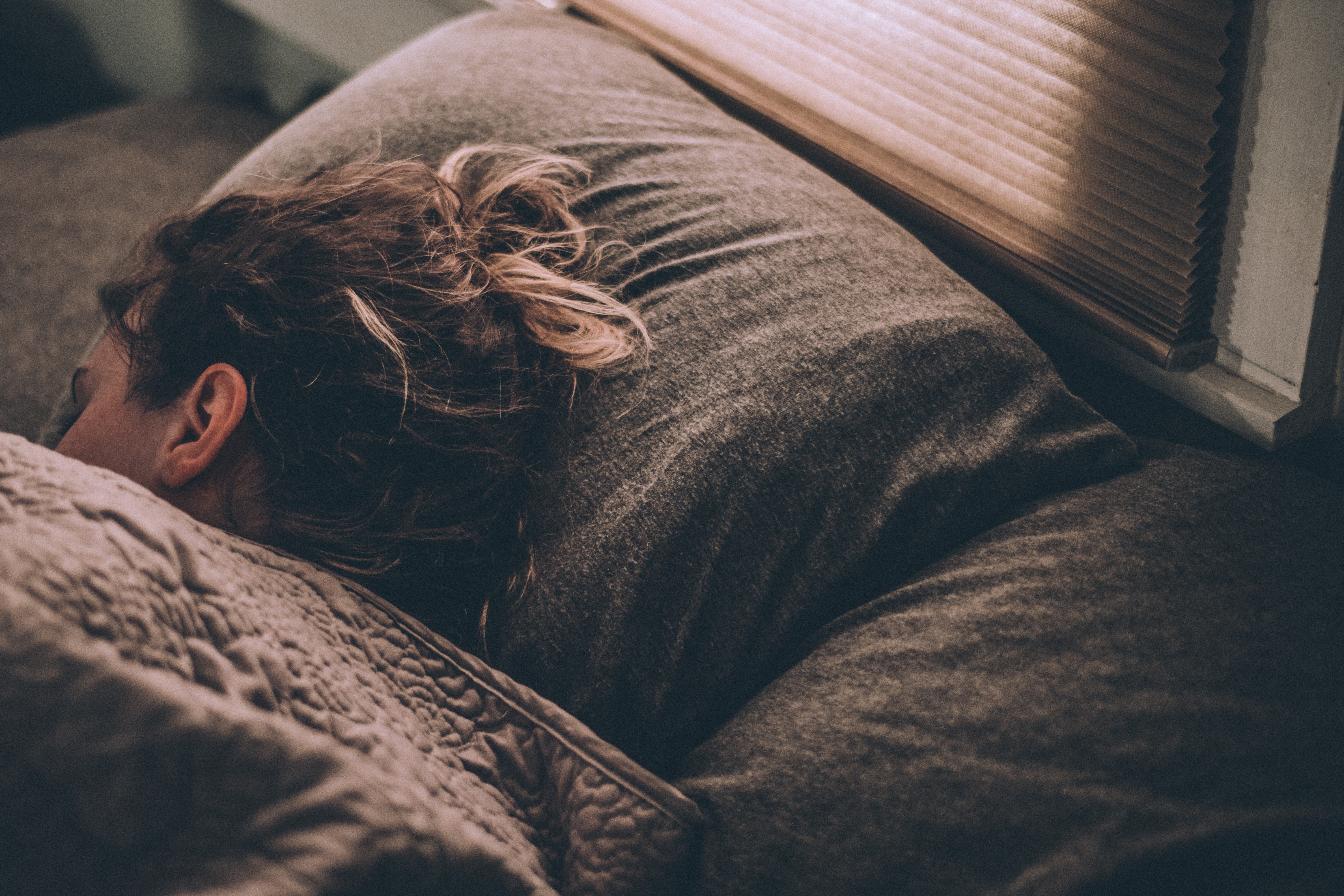
When you’ve had a bad night’s sleep, you wake up tired. You feel cranky the next day. You can’t focus. Your brain doesn’t function well.
We all know that from getting an occasional bad night’s sleep.
Did you know that there are also serious health consequences of ongoing poor sleep? If you think a bad night’s sleep is something to simply get over, think again.
#1. Poor sleep elevates blood pressure.
Adults with poor sleep have a higher risk of developing hypertension. For people with high blood pressure, a single night of poor sleep elevates your blood pressure for the whole day.
#2. Disruption in sleep increases the risk of cardiovascular disease.
Higher disruption of sleep is associated with higher cholesterol and higher body mass index. It increases the risk of stroke, cardiovascular disease, and coronary disease. Your risk for developing cardiovascular disease is increased by 48% when you sleep poorly.
#3. Inadequate sleep increases the risk of cancer.
Sleep deprivation accelerates tumor formation and increases the risk of cancer. According to one study, you are 36% more likely to develop colorectal cancer when sleep deprived. Men with severe sleeping disorders are twice as likely to develop prostate cancer compared to those without. Poor sleep also increases the risk of other types of cancer, such as breast cancer.
#4. Sleep deprivation increases the risks of memory loss, dementia, and Alzheimer’s disease.
During sleep, your brain does important housekeeping and memory consolidation functions. When you don’t sleep well, you chance of memory loss, dementia, and Alzheimer’s disease increases by 33%. Those housekeeping functions happen during deep sleep. Sleeping pills do not help in this case, as they don’t induce deep sleep where those functions take place.
#5. Poor sleep increases the risk of type II diabetes.
The body processes glucose more slowly when you sleep poorly. It also increases insulin production. As a result, poor sleep increases type II diabetics. You are three times more likely to develop type II diabetes when you sleep poorly.
#6. Lack of sleep makes you gain weight and contributes to obesity.
According to a study done in 2004, people who sleep less than 6 hours a day are 30% more likely to become obese. Poor sleep changes hormone production in the body. It increases the hunger hormone, ghrelin, and decreases the satiety hormone, leptin. It creates a perfect scenario to make you eat more, especially high-fat, high-carbohydrate food.
#7. Poor sleep contributes to depression and anxiety.
According to a study done in 2007, people with insomnia are five times more likely to develop depression. On the other hand, people with depression are more likely to sleep less than 6 hours a night. As a matter of fact, insomnia is one of the first symptoms of depression.
What else does poor sleep do?
In addition to the 7 unexpected consequences above, there is research that shows that sleep also leads to lower sex drive, weaker immune system, impaired judgment, poor decision-making, and increased risk for accidents, among other things.
What can you do about it?
Now that you’ve learned the gravity of the consequences of poor sleep, here’s your opportunity to learn how to sleep better. I’m offering a 2.5-hour workshop in which you’ll learn 3 simple exercises you can do right away to get a better night’s sleep. It’s coming up in 1 week – don’t miss it!












1 comment
Join the conversationCraig Glover - September 4, 2018
Great article! Concise and helpful info. Thanks Dan!